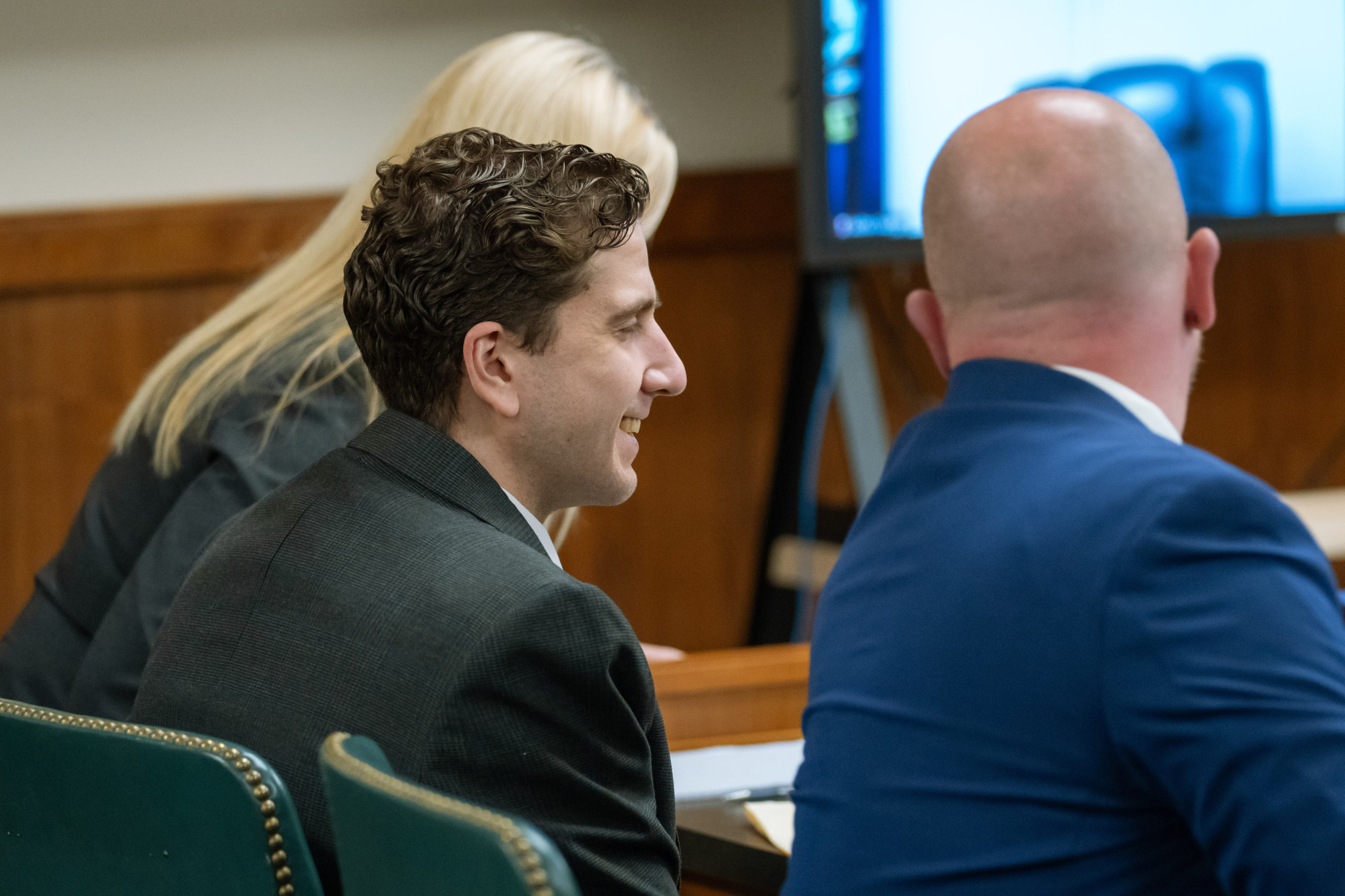At 2:28 p.m. on May 19, hundreds of people filled vast Tiananmen Square, the symbolic heart of China. They bowed their heads in silence for several minutes, many weeping, then raised their fists and exploded in deafening chants. Authorities are inordinately twitchy about demonstrations in the square, site of a bloody crackdown on pro-democracy students almost exactly 19 years ago. Yet green-clad police watched this gathering as impassively as the towering portrait of Mao that hangs nearby.
That's probably because the crowd was chanting, "Long live China!" They had gathered in Tiananmen, as elsewhere across the country, to commemorate the victims of a magnitude 8.0 earthquake that killed at least 55,000 people in Sichuan province, perhaps many more. Yet if their purpose was different, their passion sharply echoed that of the students in 1989. Susan Shirk, author of "China: Fragile Superpower" and a professor at the University of California, San Diego, says the Sichuan quake is "going to be a memorable moment in their lives for many Chinese, like Tiananmen was, like the Cultural Revolution was." Hundreds of Chinese youth have already headed to Sichuan to help with the relief effort. The Communist Youth League in Henan dispatched trauma counselors; a team of yuppie extreme-sports enthusiasts from Xian rappelling into remote hamlets in Beichuan, one of the hardest-hit areas, to deliver relief supplies. "We're here to tell quake survivors that they aren't alone," says Hu Fang, a volunteer from Xiamen. Earlier this week, Hu and four fellow members of a Buddhist association—including a former airline hostess and a rally-car driver--pulled up to a half-collapsed Taoist temple near Shifang, hoping to use it as a base to distribute relief supplies. The temple's 60-year-old abbess, her hair in a characteristic Taoist topknot, welcomed them with open arms. "It's exciting to meet so many volunteers from all over China," says Hu.
Youth movements like this are rare events in China. In 1968, during the tumultuous Cultural Revolution, Mao Zedong sent millions of educated, idealistic youth "down to the farm" to work the land. In 1989, a different generation of students turned against the regime. At times in the last few years, Beijing has begun to rally Chinese youth around nationalist causes, but always pulled back once emotions got too heated. In the current outpouring of altruism, nationalism takes "a much more civil and compassionate form," says Tsinghua University philosophy professor Daniel Bell.
That happens to suit Beijing's needs perfectly. Before the quake, the regime's foremost priority was to ease the growing tensions between China's rich and poor, city and countryside, rich coast and underprivileged interior. Bell points out that ordinary Chinese have been struck by how many of the Sichuan villages demolished by the quake were deeply impoverished. In Chengdu this week, groups of young professionals chanting "Go! Go! Sichuan" marched through the streets collecting donations for quake victims. Others sang peace-and-love folks songs in a public square. Bell expects the new, strongly compassionate mood to boost "fair society" politics and give rise to civic organizations involved in protecting the environment, fighting against local corruption and promoting the rights of migrant workers. "Some of us hope to stay in touch, maybe even set up a 'volunteers' forum' online," after the initial recovery effort in Sichuan ends, says Hu. His Buddhist organization plans to station volunteers in the quake zone for at least 18 months.
The regime may yet grow suspicious of these private networks; the lesson many hard-liners took away from Tiananmen was to block any force that had the potential for mass appeal outside the party. Or authorities could realize that citizens are helping do their work for them—not only stabilizing the situation in Sichuan but perhaps healing divisions in the country at large. "It might give [the leadership] more confidence that an open media and a more vibrant civil society are compatible with continued Communist Party rule—not a poisoned pill that means the fall of party rule," says Shirk. Even Chinese who are still grieving for victims of the June 1989 crackdown are rallying around. Ding Zilin, who founded a group of mothers who lost children in the 1989 crackdown, says she was particularly struck by the call to publicly mourn the deaths of ordinary Chinese in the disaster, an honor that had previously been reserved only for top leaders when they passed away. "What the government did after the quake has shown to the world ... the idea of respecting lives has started to take root and will become even more deeply rooted" in China, she says. From the rubble in Sichuan, that's a fine sprig of hope.
Uncommon Knowledge
Newsweek is committed to challenging conventional wisdom and finding connections in the search for common ground.
Newsweek is committed to challenging conventional wisdom and finding connections in the search for common ground.
About the writer
To read how Newsweek uses AI as a newsroom tool, Click here.








